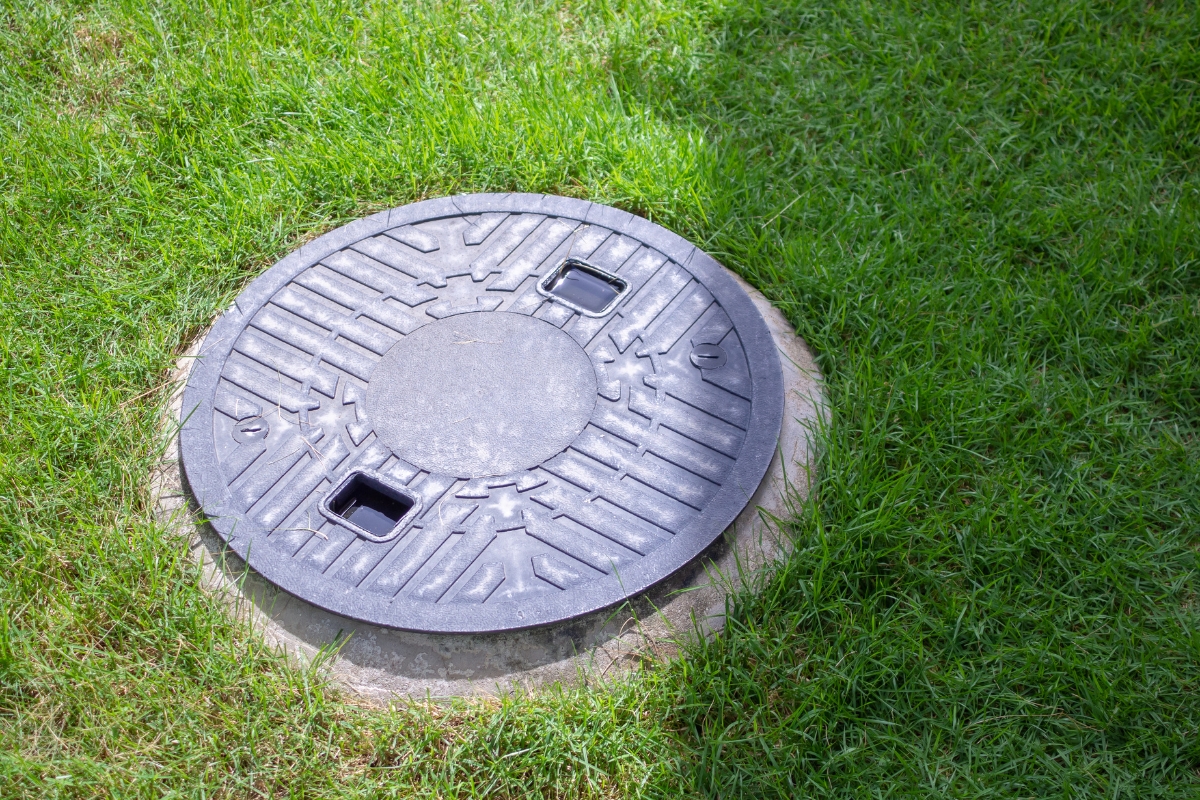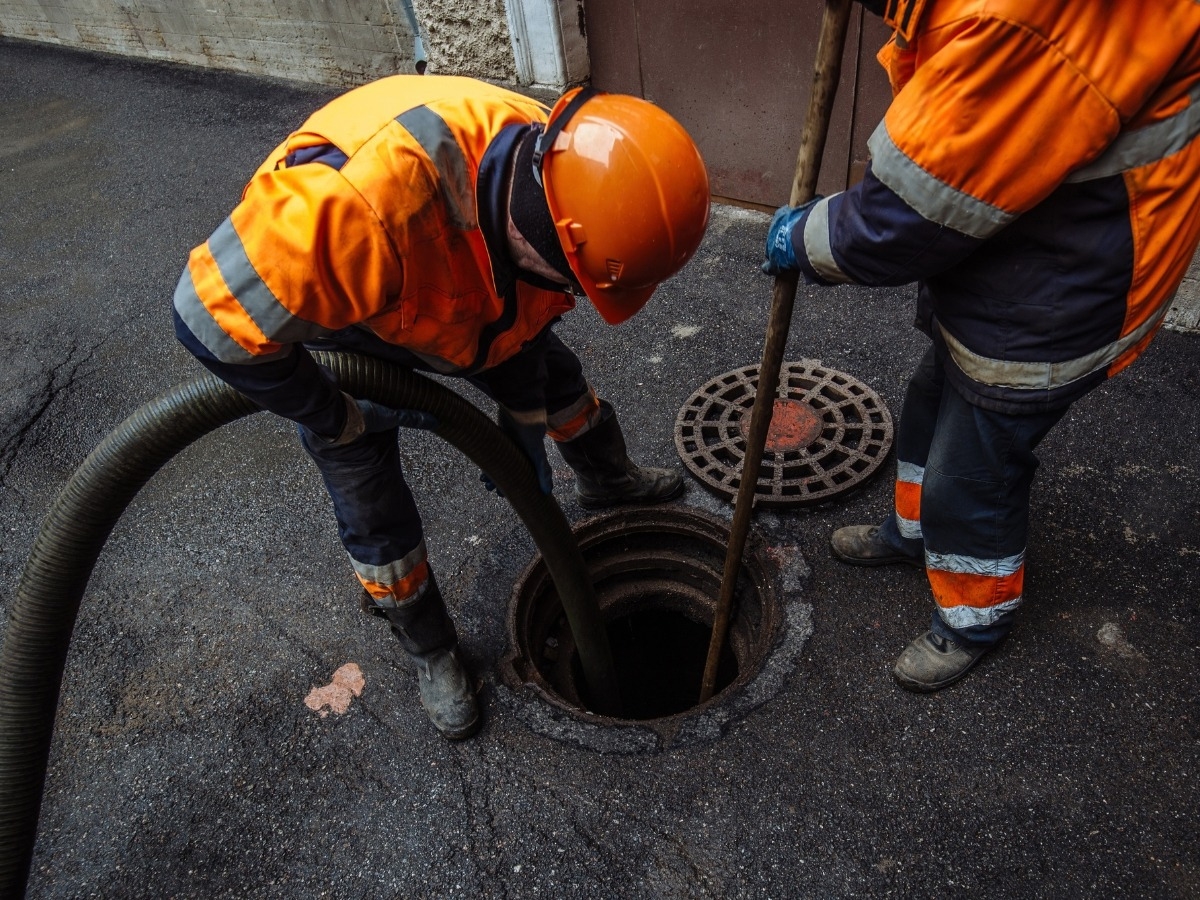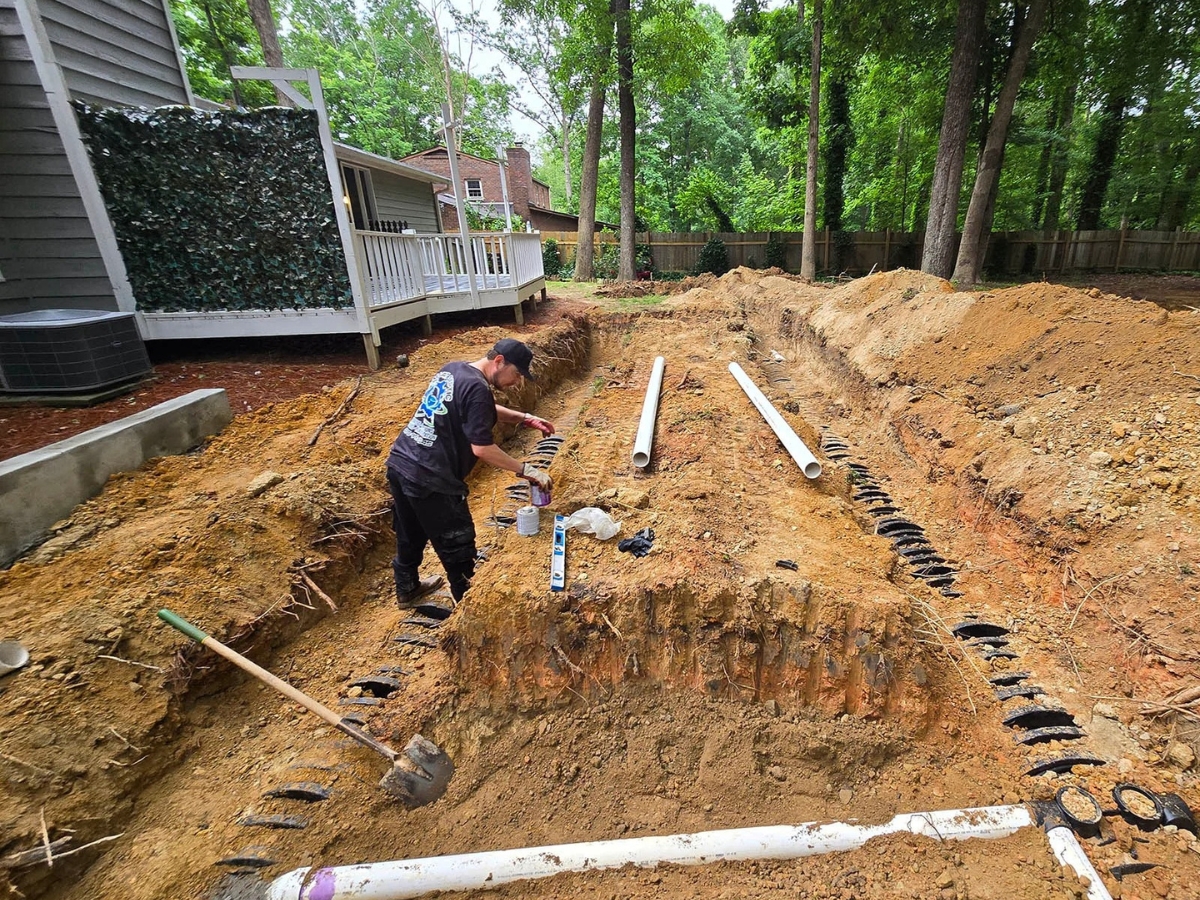For business owners, maintaining a reliable and efficient septic system is essential for ensuring smooth operations and regulatory compliance. Unlike residential systems, commercial septic systems are subject to higher usage and stricter regulations, making them a critical aspect of business infrastructure.
In this comprehensive guide, we’ll delve into the intricacies of commercial septic systems, offering business owners valuable insights and practical tips for managing, maintaining, and optimizing their systems.
From understanding the different types of commercial systems to navigating permitting requirements and troubleshooting common issues, this guide will serve as your ultimate resource for navigating the complexities of commercial septic systems. Whether you’re a small business owner or managing a large commercial property, get ready to empower yourself with the knowledge needed to keep your operations running smoothly and your septic system in top condition.
Commercial Septic Systems: The Key to Seamless Waste Disposal for Businesses
Importance of Commercial Septic Systems in Business Operations
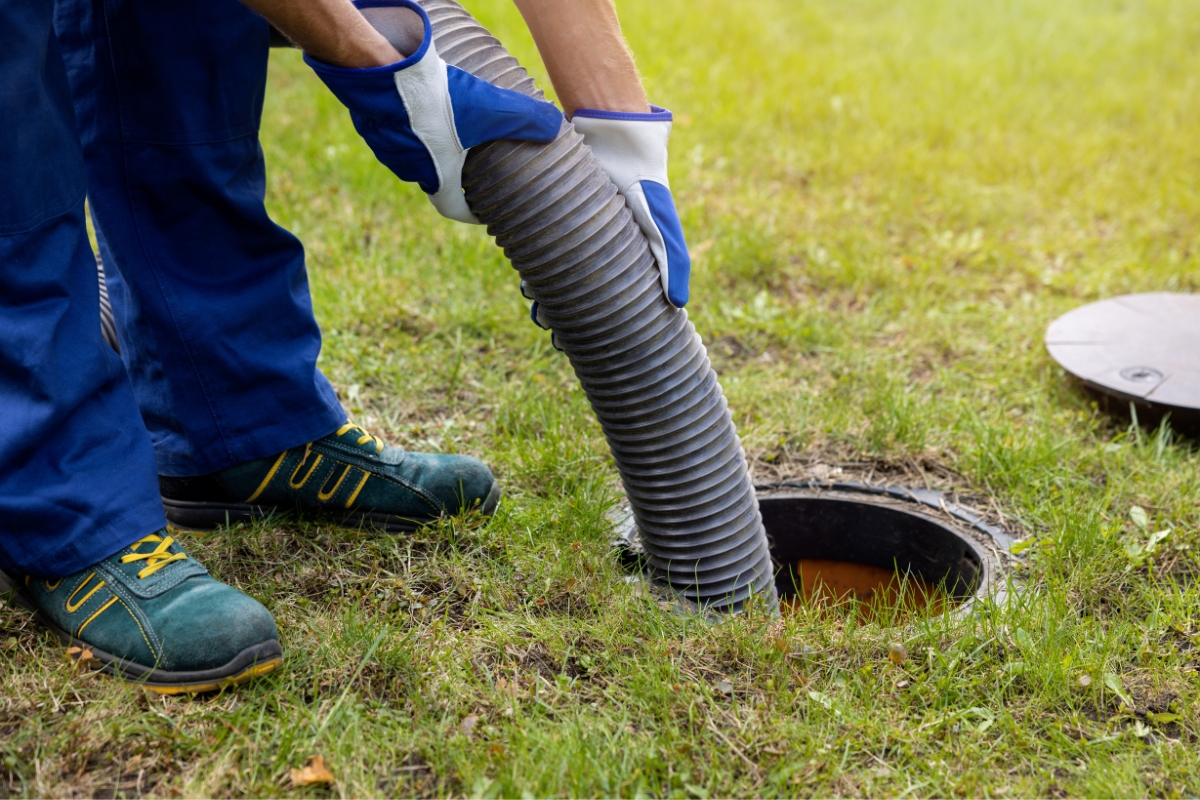
When it comes to running a successful business, there are countless factors to consider. From managing employees to keeping up with customer demands, the list can seem endless. However, one aspect that is often overlooked but is crucial to the smooth operation of any business is the commercial septic system.
A commercial septic system plays a vital role in managing wastewater and sewage for businesses such as restaurants, hotels, shopping centers, and office buildings. It ensures that waste is properly treated and disposed of, preventing any potential health hazards or environmental pollution.
Without a functioning septic system, businesses can face significant disruptions in their operations. A failing septic system can lead to unpleasant odors, sewage backups, and even the closure of the establishment until the issue is resolved. This not only results in financial losses but also damages the reputation of the business.
Investing in a reliable commercial septic system is an essential part of securing your business’ future. By ensuring proper maintenance and regular inspections, you can prevent costly repairs and potential downtime. It also demonstrates your commitment to environmental sustainability and compliance with regulations.
Signs of a Failing Commercial Septic System
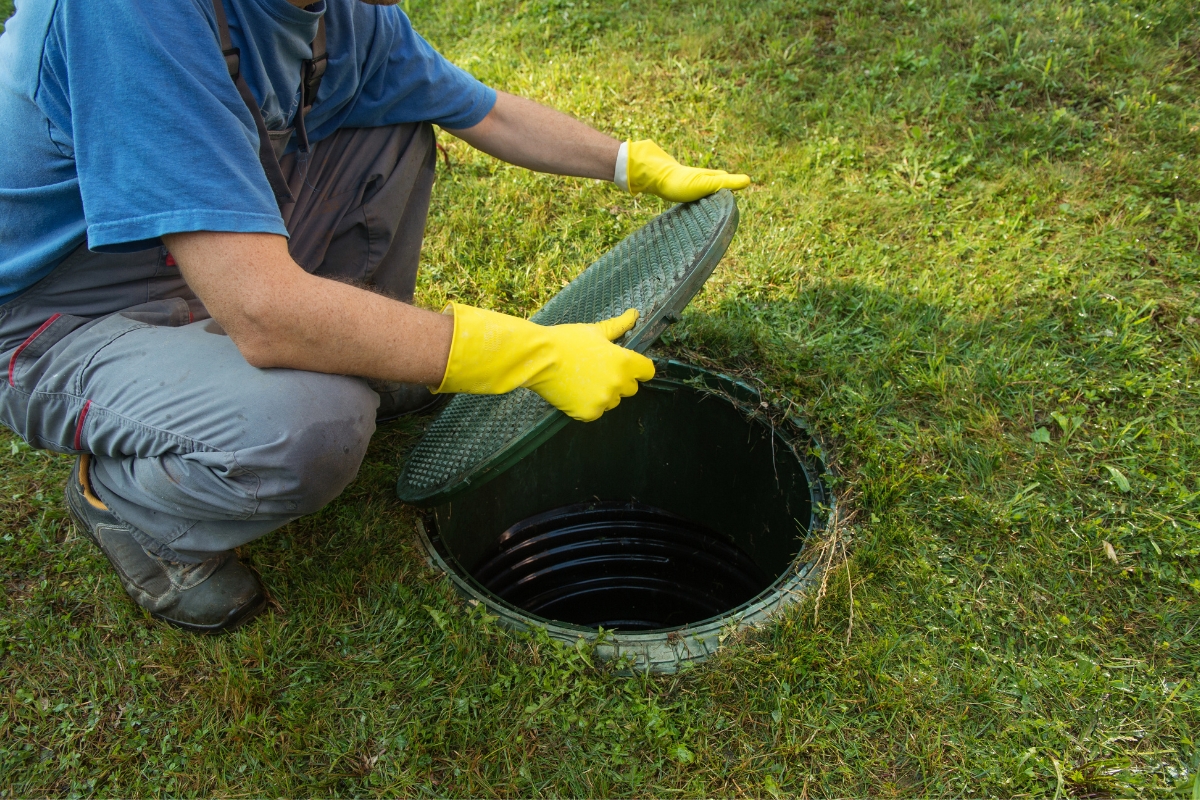
When it comes to managing commercial septic systems, business owners need to be vigilant about the signs that indicate a failing system. Ignoring these signs can lead to potential disasters and hefty repair costs down the line.
- Foul Odors: One of the first signs of trouble in a commercial septic system is the presence of foul odors around the property. If you notice persistent unpleasant smells, it could be a sign that the system is not functioning properly. Immediate attention is essential to avoid any health hazards for employees and customers.
- Slow Drainage: Another common indicator of a failing commercial septic system is slow drainage in sinks, toilets, or drains. If you notice water pooling or taking longer than usual to drain, it could be a sign of a clog or a more serious issue within the septic system. Prompt action is necessary to prevent backups or overflows.
- Soggy Ground: Keep an eye out for soggy or waterlogged areas around the commercial property, especially near the septic tank or drain field. This could indicate a leak or overflow in the system, which requires immediate professional inspection and repair to prevent contamination of the surrounding environment.
- Greener Grass: While it may seem counterintuitive, unusually lush and green patches of grass above the septic system could signal a problem. This could mean that the system is leaking wastewater, acting as a fertilizer for the grass above. It’s crucial to address this issue promptly to avoid further damage to the system.
- Backups and Overflows: Perhaps the most obvious sign of a failing commercial septic system is backups or overflows in the plumbing fixtures. If you notice sewage coming back up into sinks, toilets, or drains, it’s a clear indication that the system is overwhelmed or clogged. Immediate action is necessary to prevent serious health risks and property damage.
In conclusion, being proactive and vigilant about the signs of a failing commercial septic system is crucial for business owners. Regular maintenance, timely repairs, and professional inspections can help prevent costly emergencies and ensure the smooth operation of the septic system for years to come. Stay alert to these warning signs to protect your business, employees, and customers.
Understanding the Components of a Commercial Septic System
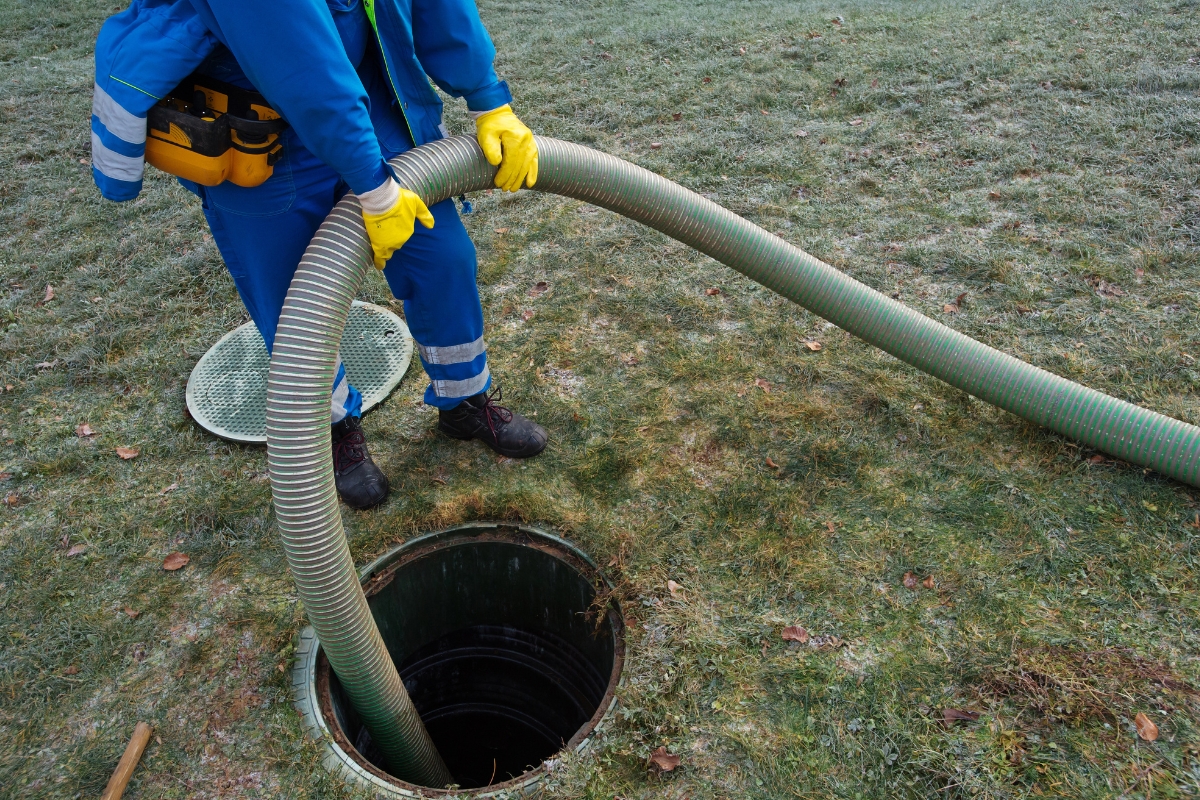
When it comes to managing wastewater for businesses, commercial septic systems play a vital role. Understanding the components of a commercial septic system is crucial for business owners to ensure proper functioning and compliance with regulations.
A commercial septic system consists of several key components that work together to treat and dispose of wastewater efficiently. One of the primary elements is the septic tank, which acts as a holding tank where solid waste settles at the bottom and is broken down by bacteria. Regular pumping of the septic tank is essential to prevent buildup and ensure proper functioning.
In addition to the septic tank, commercial septic systems also include drain fields or leach fields. These fields allow treated wastewater to be gradually released into the soil, where it undergoes further filtration and purification. Proper installation and maintenance of drain fields are critical to prevent groundwater contamination and environmental damage.
Moreover, commercial septic systems feature components such as distribution boxes, piping, and pumps to transport wastewater between different parts of the system. These components work in harmony to ensure that wastewater is effectively treated and safely disposed of.
Business owners must schedule routine inspections and maintenance for their commercial septic systems to identify any potential issues early on. Regular maintenance helps prevent costly repairs and ensures that the system operates efficiently for years to come.
Regular Maintenance Tips for Commercial Septic Systems

When it comes to commercial septic systems, regular maintenance is crucial to ensure smooth operations and prevent costly repairs. Here are some essential tips to keep your commercial septic system in top shape:
- Schedule Routine Inspections: Regular inspections by a professional are key to identifying any potential issues early on. This proactive approach can help in addressing problems before they escalate.
- Pump the Tank Regularly: One of the most important maintenance tasks for commercial septic systems is regular pumping. The frequency of pumping depends on the size of the tank and the volume of wastewater generated. It is advisable to follow a pumping schedule recommended by a septic system expert.
- Monitor Water Usage: Being mindful of water usage can significantly impact the health of your commercial septic system. Implement water-saving practices and fix any leaks promptly to reduce the strain on the system.
- Proper Waste Disposal: Ensure that only biodegradable and septic-safe products are disposed of into the system. Harsh chemicals and non-biodegradable items can disrupt the balance of bacteria in the tank and lead to clogs.
- Maintain Drainage Fields: The drainage field plays a vital role in the septic system’s function. Avoid planting trees or constructing buildings over the drainage field to prevent root intrusion and structural damage.
- Educate Employees: If your business relies on a commercial septic system, make sure your employees are aware of the importance of proper usage. Educate them on what can and cannot be flushed or drained into the system.
- Keep Records: Maintain detailed records of inspections, pump-outs, repairs, and any maintenance activities performed on the commercial septic system. This documentation can help track the system’s health and identify any recurring issues.
By following these maintenance tips for commercial septic systems, business owners can ensure the longevity and efficiency of their systems. Remember, proactive care is key to avoiding costly repairs and disruptions to your operations.
Hiring Professional Services for Commercial Septic System Inspections
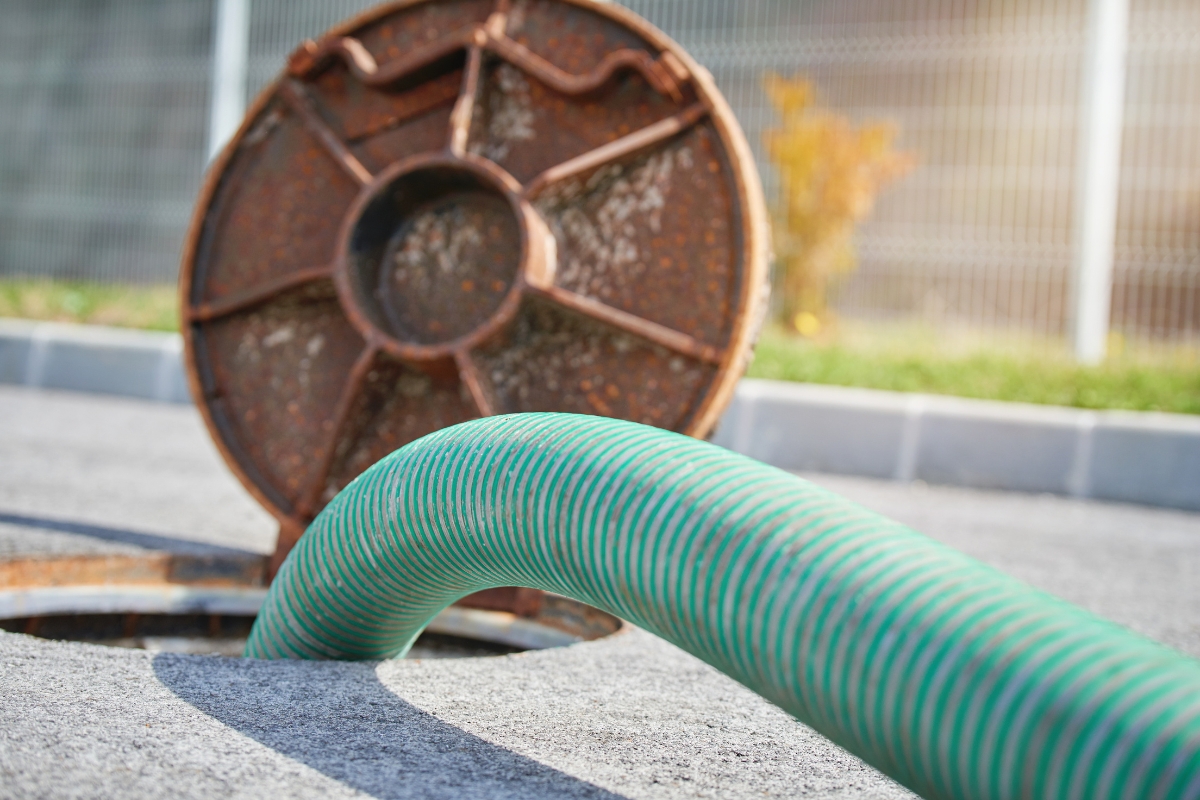
While regular maintenance can go a long way in preventing issues, it’s essential to enlist the services of professionals for thorough inspections. Professional septic system inspectors have the expertise and tools to identify potential problems that may not be apparent to an untrained eye.
During an inspection, professionals will assess the condition of your septic tank, check for leaks or blockages, inspect the drain field, and ensure that all components are functioning correctly. They may also perform water quality tests to determine if your septic system is properly treating wastewater.
It’s recommended to schedule inspections at least once a year or as advised by the inspector based on your specific system and usage. These inspections will help catch any issues early on and allow for timely repairs or maintenance.
Environmental Regulations and Compliance for Commercial Septic Systems
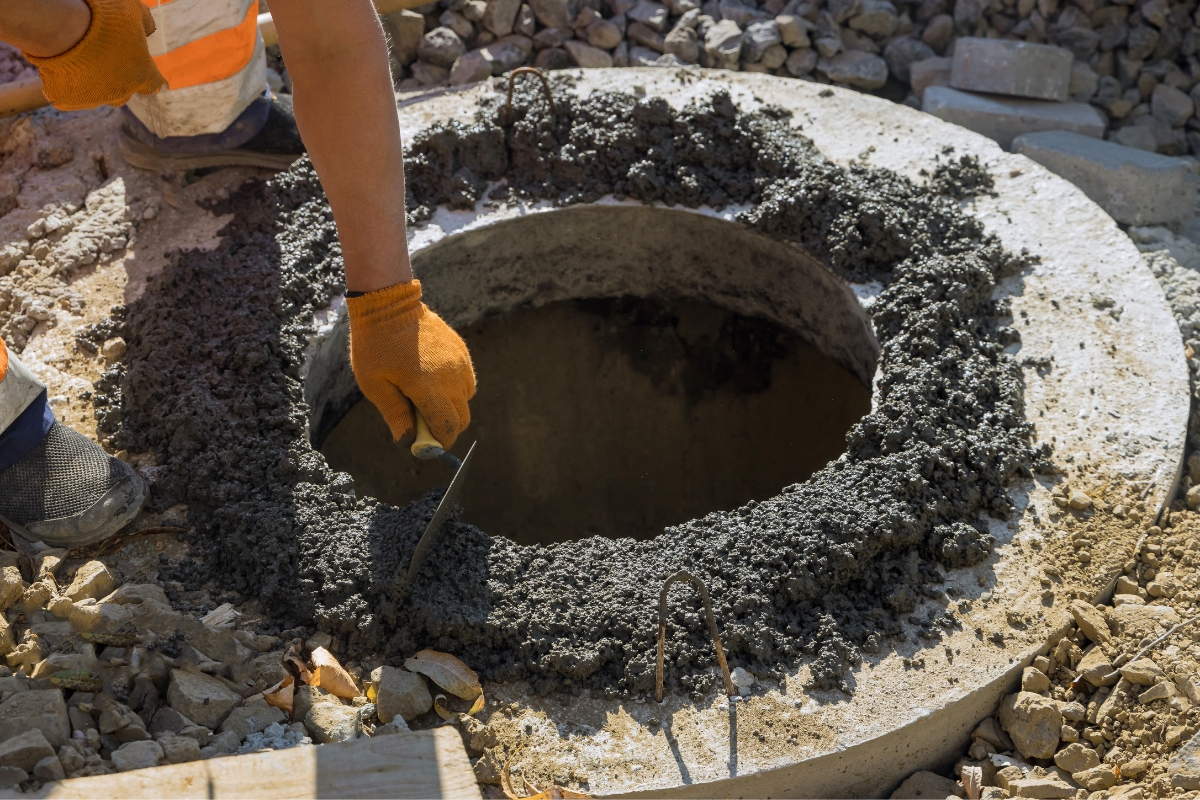
Commercial septic systems are subject to various environmental regulations aimed at protecting public health and preventing pollution. As a business owner, it’s crucial to understand these regulations and ensure compliance.
The specific regulations governing commercial septic systems vary depending on location, industry, and local authorities. Some common requirements include obtaining permits for installation or modifications, regular inspections by certified professionals, proper waste disposal practices, and adherence to setback distances from water sources or property boundaries.
Familiarize yourself with the applicable regulations in your area and consult with professionals who specialize in commercial septic systems to ensure compliance. Failure to comply with these regulations can result in fines, penalties, or even legal action against your business.
Upgrading Your Commercial Septic System: When and How
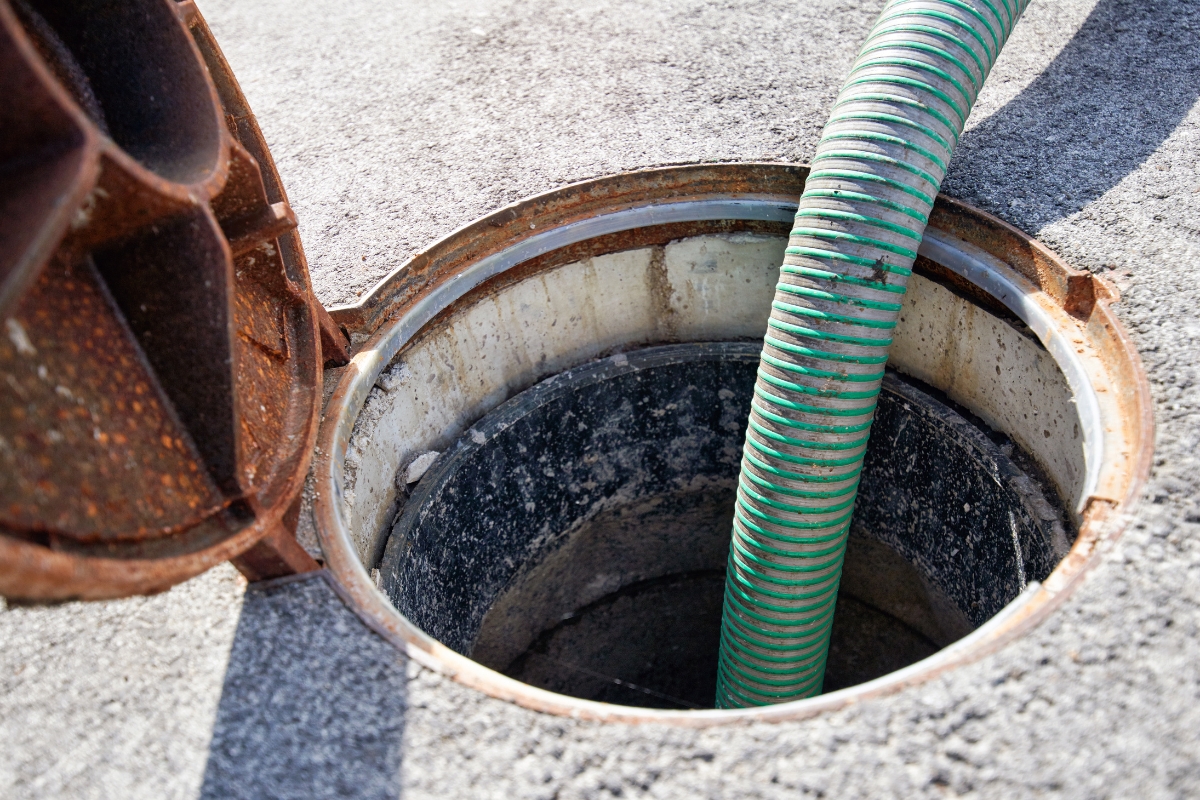
When it comes to commercial septic systems, timely upgrades are crucial for smooth business operations and compliance with regulations. Understanding when and how to upgrade your commercial septic system can save you from costly repairs and potential disruptions to your business.
Regular maintenance and inspection of commercial septic systems are vital to ensure they function optimally. Signs that indicate the need for an upgrade include frequent backups, foul odors, slow drainage, and pooling water around the drain field. If you notice any of these red flags, it’s time to consider upgrading your system.
Planning the upgrade of your commercial septic system requires careful consideration of various factors. Firstly, you need to assess the size and capacity of your current system to determine if it meets the demands of your business. If your business has expanded or if you’ve increased water usage, upgrading to a larger system may be necessary.
Consulting with a professional septic system service provider is essential to evaluate the condition of your existing system and recommend the most suitable upgrade options. Whether it involves increasing the tank capacity, installing additional drain fields, or upgrading to more advanced treatment technologies, experts can guide you through the process.
Timing is key when it comes to upgrading your commercial septic system. Postponing necessary upgrades can lead to system failures, environmental contamination, and costly fines for non-compliance with regulations. By staying proactive and addressing potential issues promptly, you can avoid major disruptions to your business operations.
The Crucial Role of Commercial Septic Systems in Waste Management
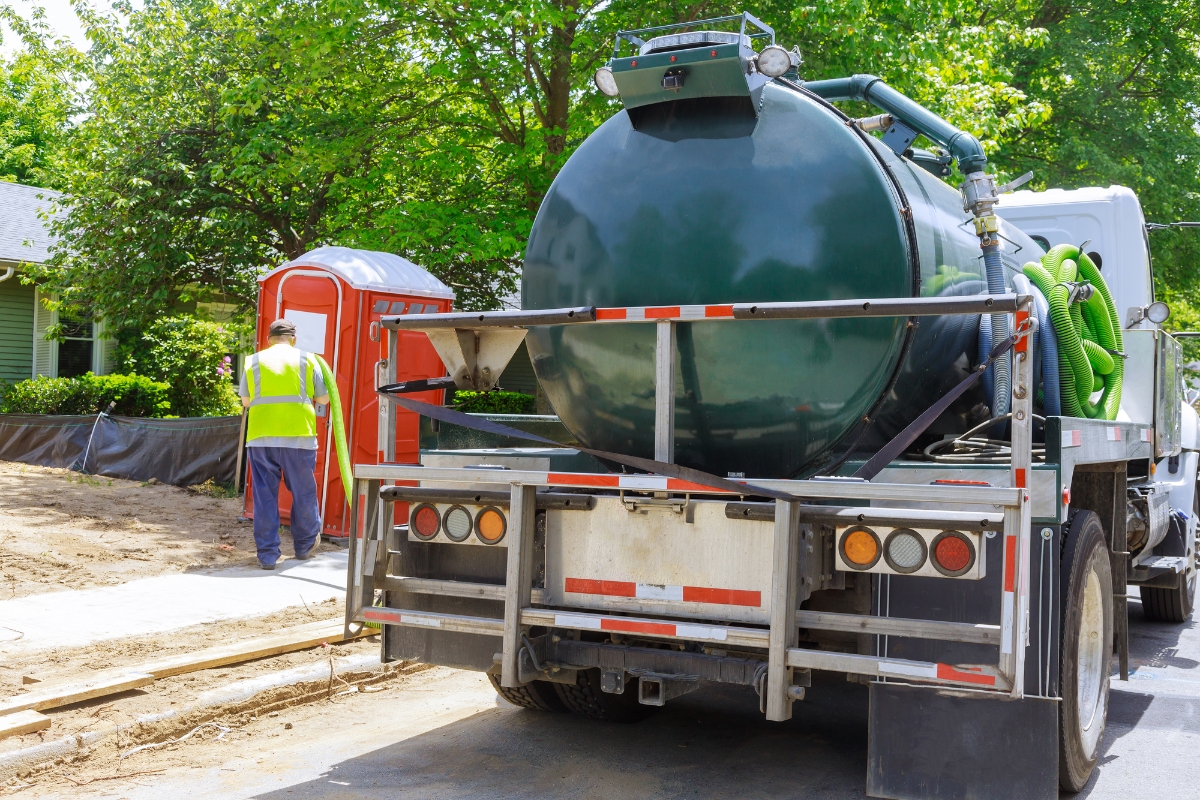
When it comes to managing commercial septic systems, one of the key aspects that business owners need to keep in mind is the cost considerations and budgeting for maintenance. Proper maintenance of these systems is crucial to ensure smooth operations and compliance with regulations. Let’s delve into some important factors to consider when budgeting for commercial septic system maintenance.
- Regular Inspection and Pumping: Regular inspection and pumping are essential maintenance tasks for commercial septic systems. By scheduling routine inspections, you can identify any potential issues early on and prevent costly repairs. Pumping the septic tank at recommended intervals helps maintain the system’s efficiency and prolong its lifespan.
- Quality of Components: Investing in high-quality components for your commercial septic system can save you money in the long run. While it may be tempting to opt for cheaper alternatives, inferior quality materials can lead to frequent breakdowns and premature system failures, ultimately costing you more in repairs and replacements.
- Compliance and Regulations: Ensuring that your commercial septic system meets all regulatory requirements is crucial. Non-compliance can result in hefty fines and legal issues. Budgeting for regular inspections to confirm compliance with environmental regulations and making necessary upgrades or repairs is essential for the smooth operation of your system.
- Emergency Fund: Setting aside an emergency fund for unexpected commercial septic system repairs is a smart budgeting strategy. System malfunctions can occur suddenly, and having funds allocated for such emergencies can prevent financial strain on your business operations.
- Professional Maintenance Services: Hiring professional maintenance services for your commercial septic system can be cost-effective in the long term. Experienced technicians can spot potential problems early, provide preventive maintenance, and offer expert advice on optimizing your system’s performance, ultimately saving you money on major repairs.
Best Practices for Long-Term Sustainability of Commercial Septic Systems
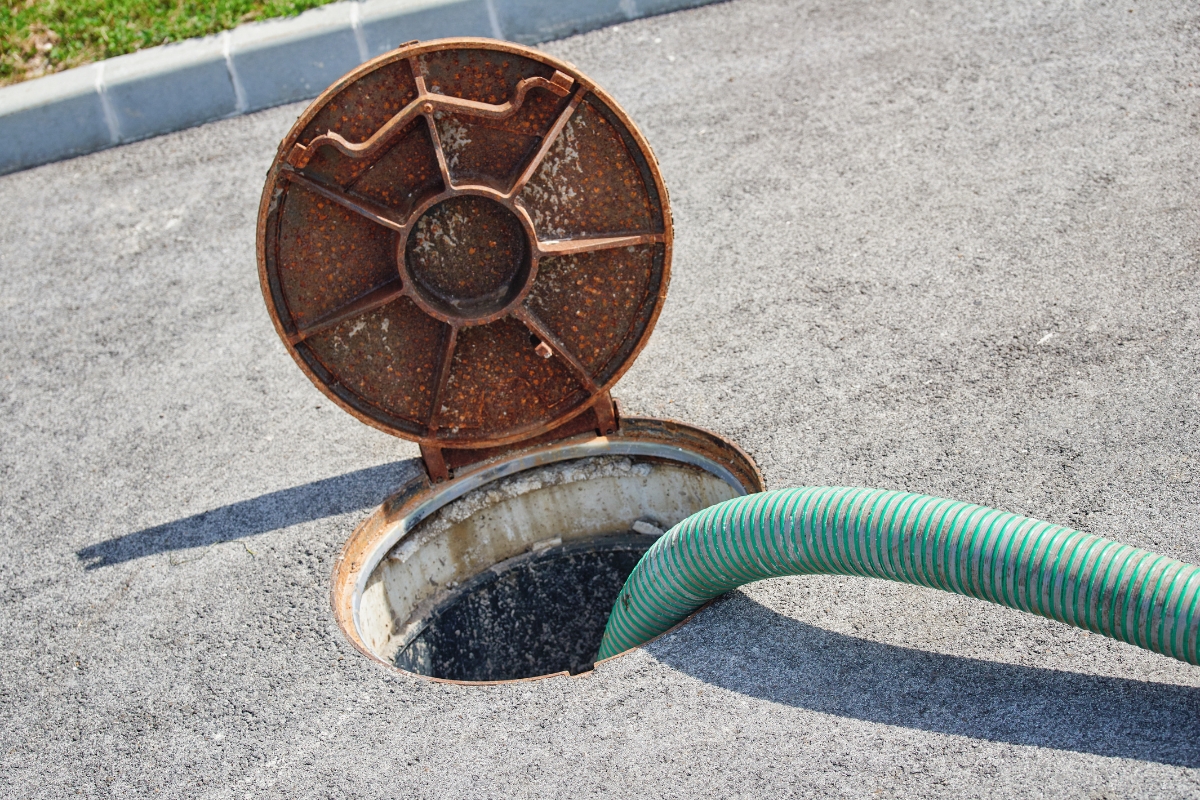
To ensure the long-term sustainability of commercial septic systems, business owners must follow certain best practices. Regular maintenance is crucial for the efficient operation of commercial septic systems. Scheduled inspections by qualified professionals help in detecting potential issues early, preventing costly repairs.
Pumping the septic tank at recommended intervals is essential to prevent buildup and clogging. Implementing a strict waste management plan within the business premises can also contribute to the longevity of the septic system. Proper disposal of waste materials and regular monitoring of water usage can prevent overloading the system.
Moreover, educating employees about the importance of maintaining the septic system can help in avoiding accidental damage. Simple practices like avoiding flushing non-biodegradable items down the drains can go a long way in preserving the system’s functionality.
Business owners should also consider investing in advanced technologies like aerobic treatment units or effluent filters to enhance the efficiency of their commercial septic systems. These upgrades can reduce the strain on the system and prolong its lifespan.
Incorporating eco-friendly practices such as using biodegradable cleaning products can also benefit the septic system and the environment. By minimizing the use of harsh chemicals, business owners can maintain a healthy balance of bacteria within the system, promoting proper waste breakdown.
Conclusion: Securing Your Business’ Future with a Well-Maintained Septic System
A well-maintained commercial septic system is the backbone of any successful business. By understanding the importance of these systems, recognizing signs of failure, and implementing regular maintenance practices, you can prevent costly repairs, maintain compliance with environmental regulations, and secure your business’s future.
Thank you for exploring the comprehensive guide to commercial septic systems. When it comes to maintaining and optimizing your business’s wastewater management, trust Smart Septic Pros to deliver reliable septic solutions. Our team of experts is ready to assist you every step of the way.
Contact us today at 678-993-4545 or visit our website to fill out our contact form and request our services. Let’s ensure your commercial septic system operates smoothly and efficiently, so you can focus on what matters most—running your business.
